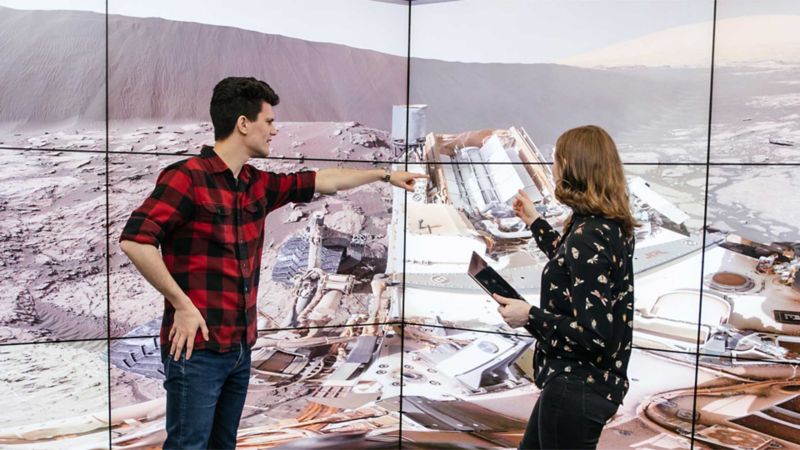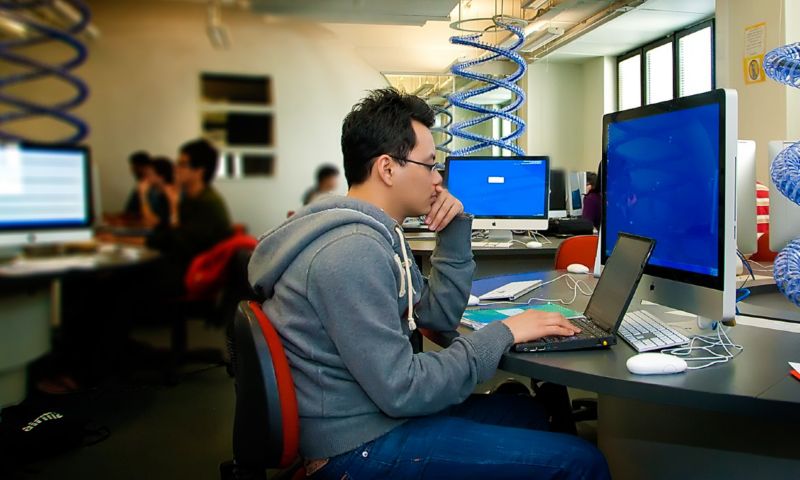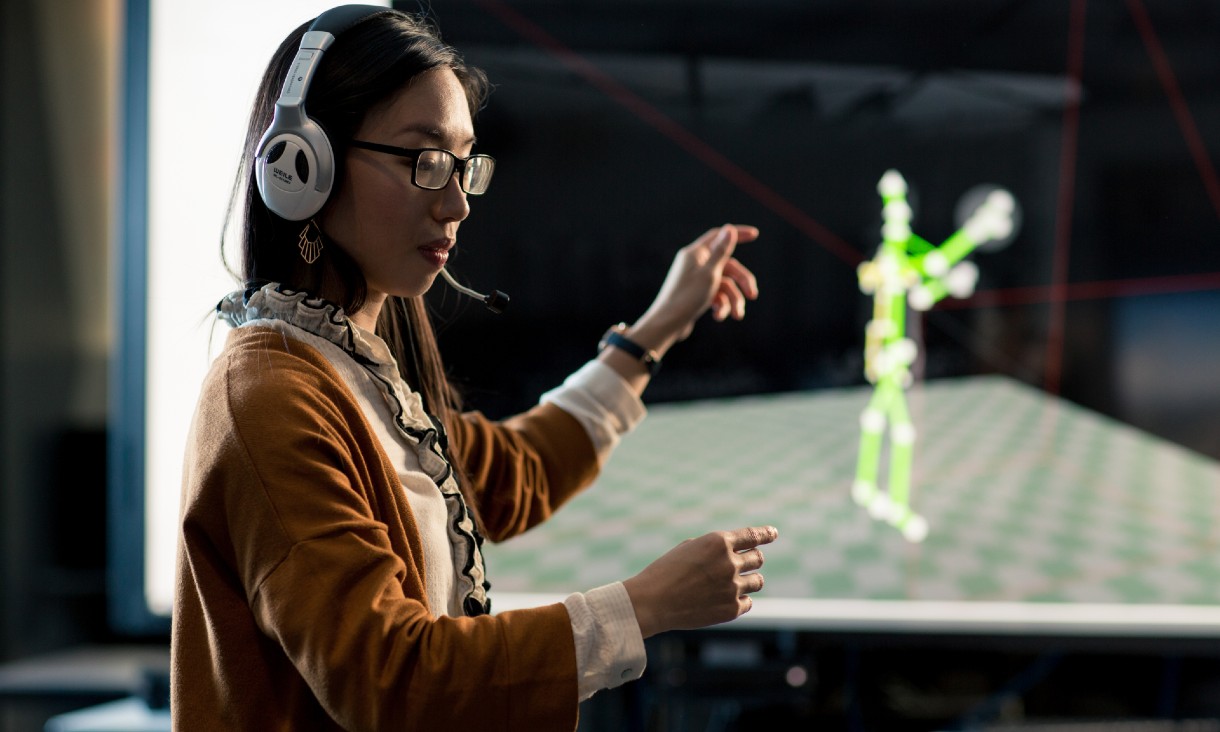Interested in studying a Masters in IT but not sure which one is for you? Information technology, artificial intelligence, data science or cyber security... we’ll help you understand the outcomes and focus of each.
Rapid advances in communication technology are changing the world, and computer scientists and information technology experts are at the forefront of solving some of the world’s biggest challenges.
"Take any of the big problems facing the world now — climate change, food security, COVID-19 — there’s a data element to all of them," says James Harland, Associate Dean of Student Experience in the school of Computer Science and Software Engineering. "If you want to save the world, study computer science. If you’re a problem solver and evidence based decision making is your thing, study data science. Any way you want to change the world for the better - there’s going to be data associated with it."
With access to study options in Vietnam, global study intensives, flexible course loads and industry placements at organisations like Google, IMB, Deloitte or ANZ on offer, we lead the pack with specialised IT Masters degrees.
We’ll teach you the relevant and industry-led skills that are in demand so you’ll keep up with the changing pace of globalisation and automation. Discover which Masters in IT will help you reach your career goals.
I want to be a leader and consult on technology solutions across many sectors
To do this, you'll need transferable technological and programming skills and leadership abilities.
The Master of Information Technology is suitable for students from any non-related IT backgrounds to start on a great pathway to a tech career. This degree will give you the technical proficiency and theoretical base to be able to work as a consultant within banking, finance, human-computer interaction, health or technology.
You’ll study seven core courses in programming, software engineering, databases, IT security and systems, computer science, and then choose a specialisation from big data management, cloud computing, mobile computing, security, software architecture, web systems and search technology. Students get internship opportunities in professional settings and undertake industry-relevant projects.

With job outcomes including roles as an IT consultant, cloud architect, mobile application developer, web developer or system analyst, the Master of Information Technology will help you future-proof your career.
I want to join the scientific frontier and guide vital business decisions

If you have a strong maths background and you want to build skills in analytics, statistics and computer science, the Master of Data Science will be perfect for you.
There are opportunities to undertake an industry capstone project, giving you hands-on, practical experience analysing data in a business setting. Working within a corporate environment, you’ll integrate the knowledge you’ve acquired throughout the course into a solid skills base to take into your professional life.
Vast opportunities exist in the tech start-up spaces and as data science is still a new and emerging field, the roles available are consequently quite varied and diverse. You’ll be prepared to use cloud technologies to aid the management and analysis of very big data sets, in a field that is driving scientific research, economic growth, public policy and corporate strategy.
I want to protect businesses and know how to secure an organisation’s information systems
Cyber security forms a vital part of organisational responsibilities and in today’s hyper networked world, it’s more relevant than ever.
The Master of Cyber Security will equip you with the skills required to become a cybersecurity professional and enter a workforce growing in demand. State-of-the-art cyber security software and work-simulated exercises provide hands-on experience, and you’ll get opportunities for cyber security internships with industry organisations.
Designed for graduates from a scientific, engineering, or technical field, you’ll learn about local area network security, cryptography, the Advanced Encryption Standard, RSA, smartcards, biometrics, ethical hacking and information systems risk management.
I want to explore human-like decision-making and automation

You’ll need to bring key elements of data and computer science and programming together to become an expert in artificial intelligence (AI).
Our Master of Artificial Intelligence is a specialised degree, with no direct master by coursework competitor in Victoria; there are just 3 in Australia with streams in AI, intelligent system or machine learning.
There’s a much heavier maths component than Data Science, and students might come from maths, engineering or statistics backgrounds. You’ll have job outcomes like machine learning engineer, research scientist, business intelligence developer, computer vision engineer and many more jobs that haven’t yet been invented!
You’ll learn from the experts in the field; 25% of the most-cited academics in Victoria on the subject of AI are from RMIT (Google Scholar).
This degree was spearheaded by Professor John Thangarajah, Associate Dean of Computer Science and Software Engineering at RMIT, who saw a need for a dedicated postgraduate course developed in collaboration with industry partners and collaborators.


